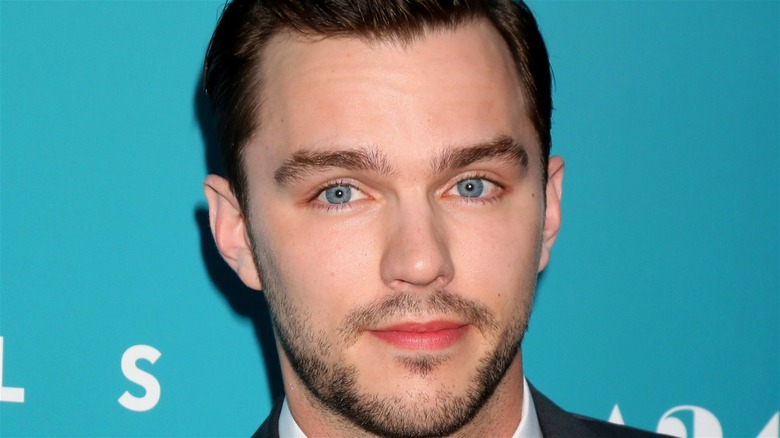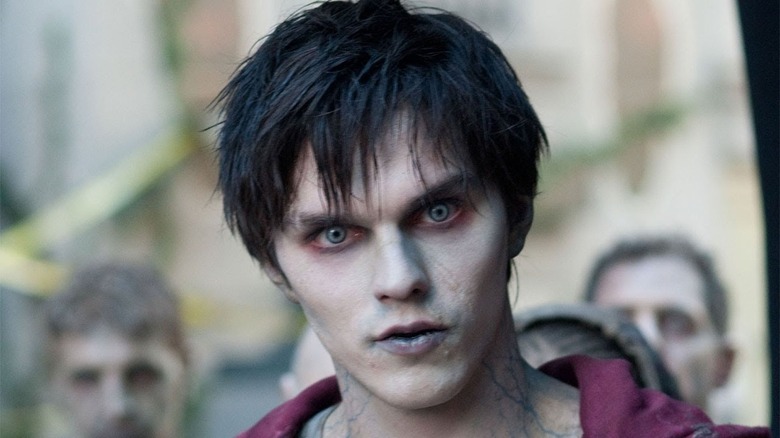The Real Reason Nicholas Hoult Got Replaced As A Mission: Impossible Villain
Over the years, Hollywood has seen its fair share of Nicholas Hoult. Born in Wokingham, England, Hoult got his start as a child actor in 1996 with the film "Intimate Relations," where he acted opposite names like Julie Walters, Rupert Graves, and Matthew Walker (via IMDb). Since then, Hoult has been seen in a variety of projects. He's best known for films like "About a Boy," "Mad Max: Fury Road" (where he played Nux), and his four-movie tenure as Beast starting in "X-Men: First Class." He played a love-sick zombie in the horror rom-com "Warm Bodies," and appeared in more than one TV series, including "The Great" and "The Walking Dead."
Most recently, he even had the option to play the villain in the upcoming seventh "Mission: Impossible" movie. He was a hair away from taking the role but was forced to drop the project due to outside circumstances. The filmmakers would later replace him. Now, that may sound cryptic, but the real reason Nicholas Hoult got replaced as a "Mission: Impossible" villain is a bit more mundane than one might imagine.
As with many recent movies, COVID-19 interfered with Hoult's career
Even now, the effects of the COVID-19 virus are still affecting show business. Technically, its interference in the production of "Mission: Impossible 7" happened during the height of the pandemic. Nevertheless, audiences are still going to see its effects as films produced during that time are released. In the case of "Mission: Impossible 7," according to The Hollywood Reporter, a series of COVID-19-sparked delays created scheduling conflicts.
Thankfully, the makers of the upcoming film found a suitable replacement for the new villain in the form of Puerto Rican-American actor Esai Morales. Meanwhile, Hoult has moved on to other projects, including Universal's upcoming "Dracula" spinoff, "Renfield." Hoult is set to play the titular character, who is also one of the Count's hypnotized servants. "It will have monsters and gore and Dracula and that stuff. But the core of it is just about this power dynamic of this relationship between Renfield and Dracula," Holt told THR.

